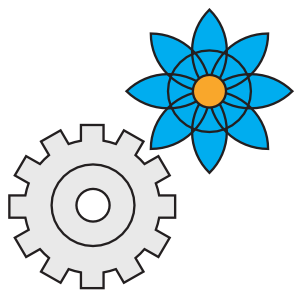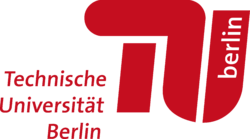News:BE:Summer-University:2017: Unterschied zwischen den Versionen
(Die Seite wurde neu angelegt: „== Blue Engineering Summer University at TU Berlin - 24 July - 17 August 2017 == rechts Sustainability in the cu…“) |
(→Blue Engineering Summer University at TU Berlin - 24 July - 17 August 2017) |
||
| Zeile 1: | Zeile 1: | ||
== Blue Engineering Summer University at TU Berlin - 24 July - 17 August 2017 == | == Blue Engineering Summer University at TU Berlin - 24 July - 17 August 2017 == | ||
| − | [[Datei:TU Logo lang RGB rot.png| | + | [[Datei:TU Logo lang RGB rot.png|250px|mini|rechts]] |
Sustainability in the curriculum of engineering students is either ignored or solely focuses on technological solutions. As the UN Rio+20 debate and its focus on Green Economy shows, there is a strong demand for technological innovations as a remedy for ecological destruction and as pathway to poverty eradication. Consequently, the predominant belief in technological progress is held up through technicians as well as a society wishing for easy technological solutions for complex ecological and social problems. | Sustainability in the curriculum of engineering students is either ignored or solely focuses on technological solutions. As the UN Rio+20 debate and its focus on Green Economy shows, there is a strong demand for technological innovations as a remedy for ecological destruction and as pathway to poverty eradication. Consequently, the predominant belief in technological progress is held up through technicians as well as a society wishing for easy technological solutions for complex ecological and social problems. | ||
Version vom 3. Juni 2017, 15:18 Uhr
Blue Engineering Summer University at TU Berlin - 24 July - 17 August 2017
Sustainability in the curriculum of engineering students is either ignored or solely focuses on technological solutions. As the UN Rio+20 debate and its focus on Green Economy shows, there is a strong demand for technological innovations as a remedy for ecological destruction and as pathway to poverty eradication. Consequently, the predominant belief in technological progress is held up through technicians as well as a society wishing for easy technological solutions for complex ecological and social problems.
Taking this into account, this course promotes socially and ecologically responsible engineering through a variety of alternative teaching methods. Engineering students acquire the competence to unveil the complex interdependency of their social, political, ecological and economic surroundings. This includes the consideration of different values, interests and needs within a global perspective as well as within one class(room). The course design encourages democratic decision-making not only to solve but also to define problems within the course itself and moreover outside of the classroom. This method is applied in order to adequately respond to the specific needs of users and to cooperatively develop technologies which are socially useful, locally adapted, durable, repairable and recyclable.
The course will consist of a few regular lectures and mostly of building blocks which will be conducted by the lectures and the student’s themselves and one excursion per week (e.g. waste/drinking water treatment, recycling, lignite pit and lignite power plant, industrial food production). In addition, the students will create, conduct and finally document their own building block for further use.
For further information and registration please visit the website of the TU Berlin Summer University Program. Unfortunately and contrary to the german system of higher education, this course will cost an attendance fee.

